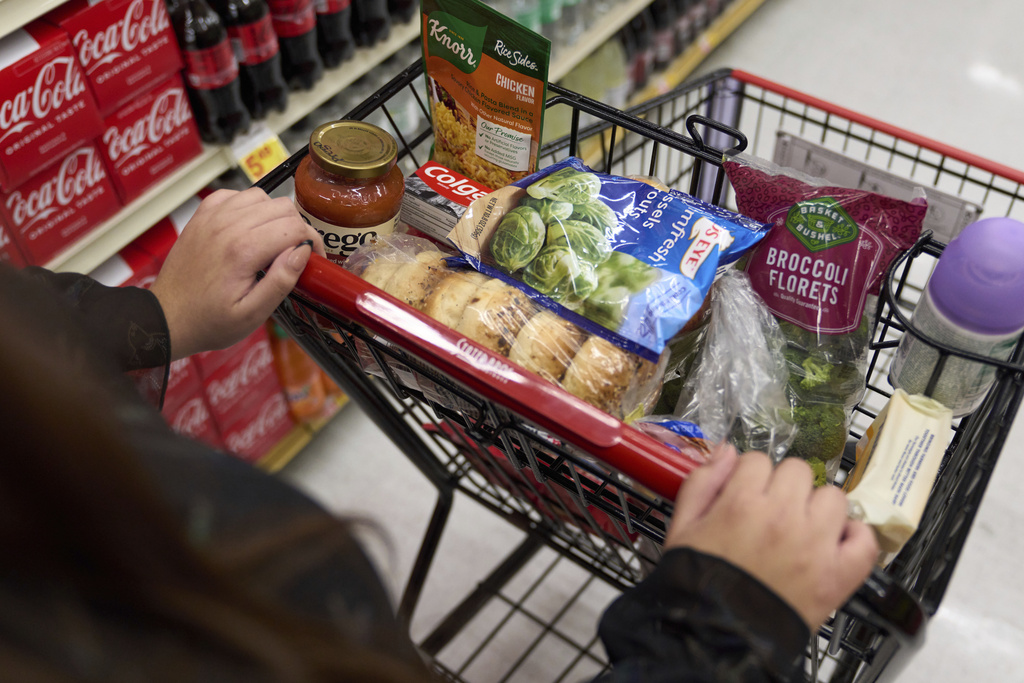U.S. employers added a robust 678,000 jobs in February, another gain that underscored the economy’s solid health as the Omicron wave fades and more Americans venture out to spend at restaurants, shops and hotels despite surging inflation.
The Labor Department’s report Friday also showed that the unemployment rate dropped from 4% to 3.8%, extending a sharp drop in joblessness as the economy has rebounded from the pandemic recession.
The latest jobs data follows recent reports that have shown an economy maintaining strength as new COVID infections have plummeted. Consumer spending has risen, spurred by higher wages and savings. Restaurant traffic has regained pre-pandemic levels, hotel reservations are up and far more Americans are flying than at the height of Omicron.
Average hourly pay barely rose last month but has increased 5.1% in the past year, a sign that companies feel compelled to raise wages to attract and keep workers. Many employers, in turn, have been raising prices to offset their higher labor costs, a process that has fueled inflation.
Consumer inflation has reached its highest level since 1982, squeezing America’s households and businesses, with price spikes especially high for such necessities as food, gasoline and rent.
In response, the Federal Reserve is set to raise interest rates several times this year beginning later this month. Those increases will eventually mean higher borrowing rates for consumers and businesses, including for homes, autos and credit cards.
Chair Jerome Powell said this week that he plans to propose that the Fed raise its benchmark short-term rate by a quarter-point when it meets in about two weeks. Powell has acknowledged that high inflation has proved more persistent and has spread more broadly than he and many economists had expected.
The Fed chair cautioned that if inflation failed to ease later this year as he expects, he would consider carrying out half-point increases at future central bank meetings. Larger hikes would raise the risk of weakening the economy or even tipping it into recession.
Powell also warned that Russia’s invasion of Ukraine will lead to higher prices for gas as well as for such other commodities as aluminum, wheat and corn, thereby keeping inflation higher than it would otherwise have been. Oil prices, which have been soaring since war began more than a week ago, are critically important to the global economy.
For now, though, despite high inflation, the rapid fading of the Omicron variant is likely to accelerate the U.S. economy and job growth.
With many companies desperate for employees, layoffs have plunged. The number of people receiving unemployment aid fell two weeks ago to its lowest level since 1970.
Additional reporting by The Associated Press.



 Americans Ready To Move Away From COVID Rules As States Ease Mandates
Americans Ready To Move Away From COVID Rules As States Ease Mandates Key Inflation Gauge Hit 6.1% In January, Highest Since 1982
Key Inflation Gauge Hit 6.1% In January, Highest Since 1982 Nations Agree To Release 60M Barrels Of Oil Amid Russian War
Nations Agree To Release 60M Barrels Of Oil Amid Russian War





